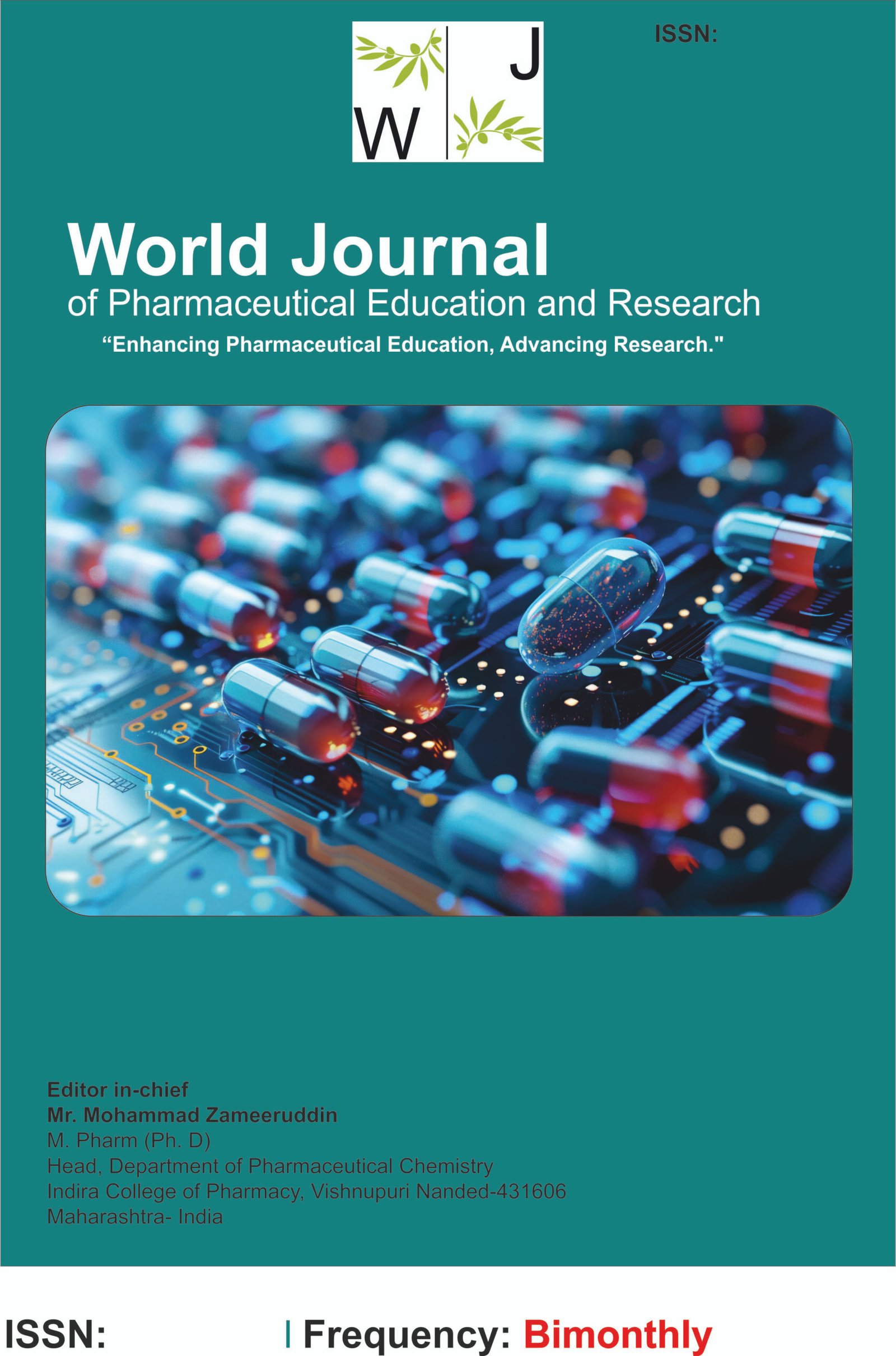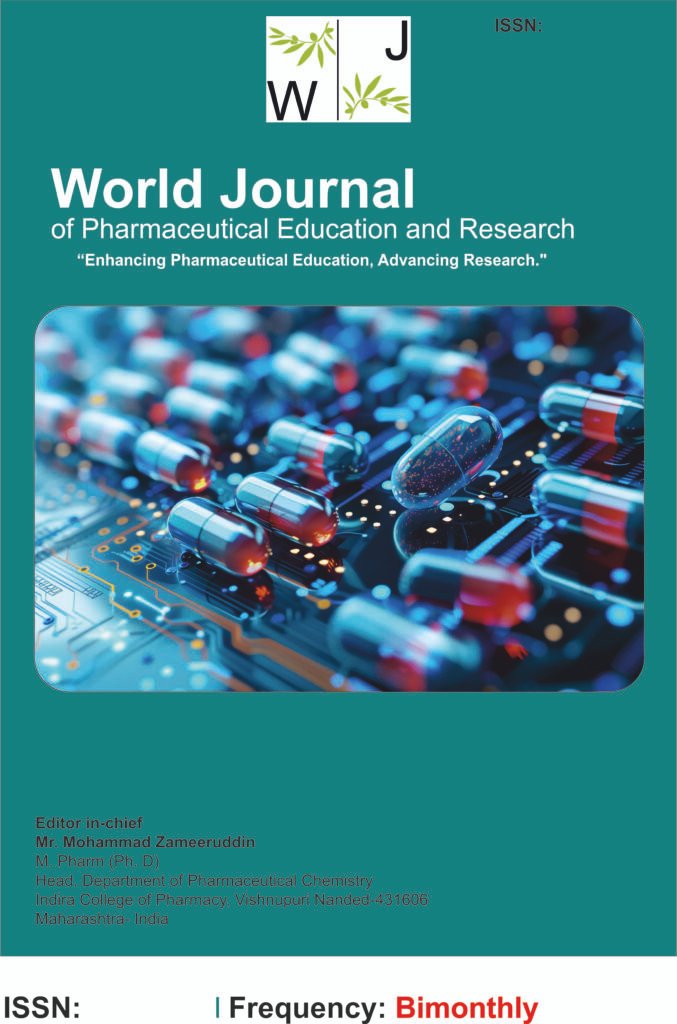Publication Ethics
The World Journal of Pharmaceutical Education and Research is committed to maintaining the highest standards of ethical behavior in the publication process. We adhere to established ethical guidelines to ensure the integrity of research and protect the interests of authors, reviewers, and the scientific community. Below are the key aspects of our publication ethics:
- Duplicate Submissions
Duplicate submissions, where the same manuscript is submitted to multiple journals simultaneously, are considered unethical and are strictly prohibited. Authors must ensure that their submissions to The World Journal of Pharmaceutical Education and Research are original and not under consideration elsewhere. If duplicate submissions are identified, the manuscript will be withdrawn from consideration, and the authors may face restrictions on future submissions.
- Falsified Data
Falsification or fabrication of data is a serious breach of research ethics. Manuscripts containing falsified or manipulated data will be rejected outright, and authors found guilty of such practices may face sanctions including retraction of published articles and bans from future submissions. We employ rigorous screening processes and encourage reviewers and readers to report any suspicions of data falsification.
- Authorship and Acknowledgment
All authors listed on a manuscript must have made a substantial contribution to the research and must be able to take public responsibility for the content. Guest or honorary authorship is not permitted. Authors must also provide proper acknowledgment for contributions made by others who do not qualify for authorship but contributed to the research. Disputes regarding authorship should be resolved before submission.
- Conflict of Interest
Authors, reviewers, and editors must disclose any potential conflicts of interest that could influence their work or opinions. This includes financial interests, personal relationships, or any other factors that could be perceived as compromising objectivity. All disclosures are managed transparently to maintain the integrity of the publication process.
- Plagiarism and Self-Plagiarism
Plagiarism, including self-plagiarism, is not tolerated. Manuscripts must be original and properly cite the work of others. Authors must avoid reusing substantial portions of their previous work without appropriate citation. All submissions are screened for plagiarism using advanced detection tools, and instances of plagiarism will lead to manuscript rejection and potential sanctions.
- Ethical Approval
Research involving human subjects must obtain and provide evidence of ethical approval from an appropriate ethics committee or institutional review board. For studies involving animals, authors must adhere to ethical guidelines and provide evidence of ethical compliance. Failure to obtain necessary approvals will result in manuscript rejection.
- Handling of Ethical Complaints
Any ethical complaints or concerns regarding published or submitted work should be reported to the Editorial Office. The journal will investigate all complaints thoroughly and take appropriate action, which may include issuing corrections, retractions, or other necessary measures to address the issues.
- Retraction and Correction
Errors or inaccuracies in published articles should be corrected promptly. Authors are encouraged to submit correction notices or errata for significant errors that impact the validity of the research. In cases of serious misconduct or errors, retraction of the article may be necessary to maintain the integrity of the scientific record.


